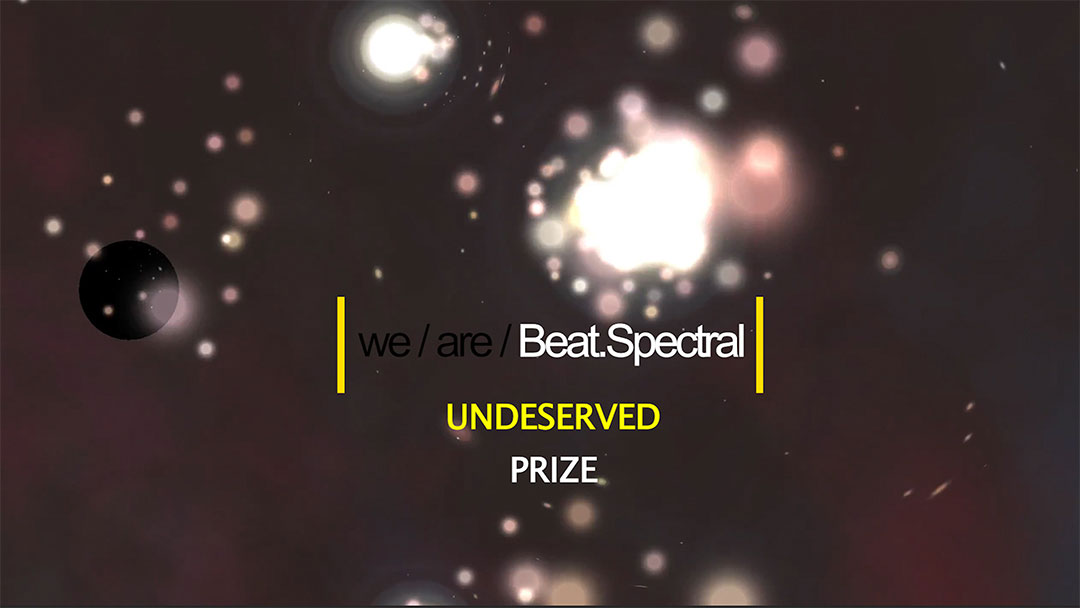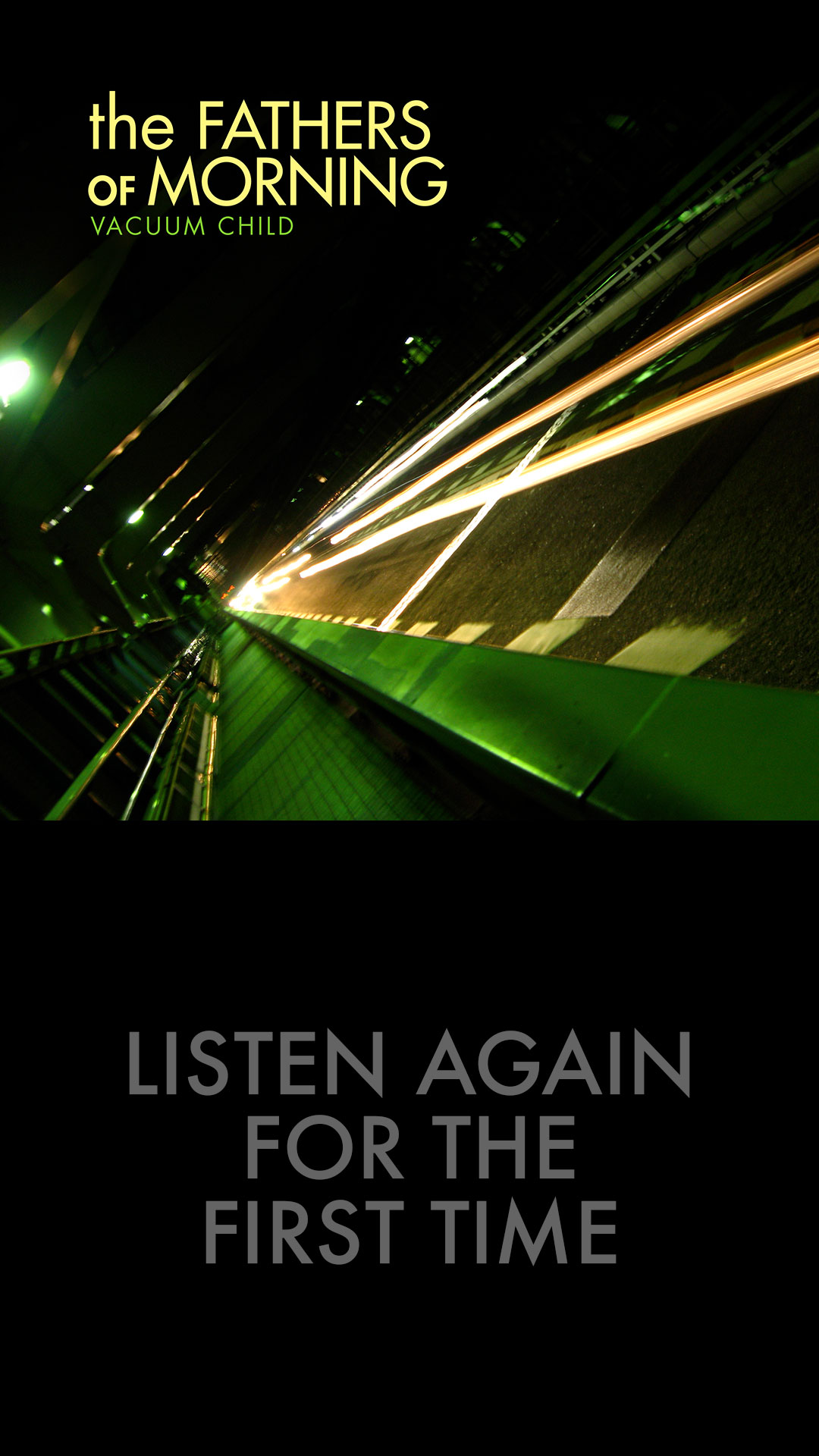 You might know award-winning critic/journalist Tom Moon from his bestselling book 1,000 Recordings To Hear Before You Die, his contributions to NPR’s All Things Considered or his freelance work in the likes of Rolling Stone, GQ, Blender, Spin and Vibe, but around the MAGNET office, when we think of Moon, we think of the nearly two decades he spent as the music critic of our hometown newspaper, the Philadelphia Inquirer. When you regularly read a writer’s work for that long, you feel like you really get a sense of who someone is, so we were shocked to find out that Moon is also a musician who just made an album. Into The Ojalá (Frosty Cordial) is credited to Moon Hotel Lounge Project and came out earlier this month. MHLP is an impressive, instrumental, jazz/lounge/Latin-leaning project featuring Moon and six local musicians playing nine Moon-penned tunes as well as a cover of gospel standard “Rock Of Ages.” We are excited to have Moon guest editing magnetmagazine.com all week. Read our new Q&A with him.
You might know award-winning critic/journalist Tom Moon from his bestselling book 1,000 Recordings To Hear Before You Die, his contributions to NPR’s All Things Considered or his freelance work in the likes of Rolling Stone, GQ, Blender, Spin and Vibe, but around the MAGNET office, when we think of Moon, we think of the nearly two decades he spent as the music critic of our hometown newspaper, the Philadelphia Inquirer. When you regularly read a writer’s work for that long, you feel like you really get a sense of who someone is, so we were shocked to find out that Moon is also a musician who just made an album. Into The Ojalá (Frosty Cordial) is credited to Moon Hotel Lounge Project and came out earlier this month. MHLP is an impressive, instrumental, jazz/lounge/Latin-leaning project featuring Moon and six local musicians playing nine Moon-penned tunes as well as a cover of gospel standard “Rock Of Ages.” We are excited to have Moon guest editing magnetmagazine.com all week. Read our new Q&A with him.

Moon: I heard Efterklang for the first time last fall. In Pitchfork years, this makes me woefully and hopelessly late on the Danish rock collective, which has issued three rock records (the most recent is Magic Chairs, from 2010) and one unbelievable collaboration with the Danish National Chamber Orchestra, 2009’s Performing Parades. I used to get bugged when I’d discover something like this so late, but now, hey, it’s part of the game. Given the incredible torrent of releases, it’s impossible for even the most diligent to catch everything. Still, about 90 seconds into “Blowing Lungs Like Bubbles” from Performing Parades, I was surprised to feel that familiar “How did I miss this music?” pang. Here was a rock band obviously influenced by Radiohead and Sigur Rós, taking already majestic processionals and re-imagining them in an orchestral context. Usually this leads to bloated, overgrown ponderousness—or yet another variation on Emerson, Lake And Palmer’s tottering flourishes. If you described the circumstances of this record before playing it, I’d probably gird for something tiresome and start planning a graceful exit.
Which is what many reviewers did. The press on Performing Parades has been mostly derisive, with complaints ranging from mild criticism (“too bloated”) to snarkier stuff (Pitchfork said it “blurs the line between pageantry and pandering”). After absorbing it for a little while, I respectfully differ. With the tense, carefully arrangements of Performing Parades, Efterklang—the name translates roughly as “the remembrance of sound”—is chasing something apart from the usual rock/classical hybrid. Strangely placid vocal harmonies, sometimes keening and wordless, are stretched over fitful, hiccupping, Steve Reich-influenced rhythm schemes. The extended melodies dart between band and orchestra, underscoring their elusiveness. Even the quiet moments seem suffused with a sense of the grand; sometimes the music chokes on its own giddy preposterousness. But then there are moments of bracing clarity, when composer Karsten Fundal transforms Efterklang’s tunes into perfectly poignant moments of calm. Fundal (who is not a member of the band) is apparently as bored as the rest of us by the existing configurations of rock band with symphony orchestra. His response is to change everything: the form, the balance of forces, the sound. He orchestrates to extremes. He conjures tense contemplations that teeter on the edge of dissonance. He whips up thundering peaks that send the band’s beseeching cries toward the heavens. He opens up Efterklang’s compositions to entire galaxies of new options, showing, through sheer imagination, how far from “rock” a rock band can travel.
Video after the jump.













